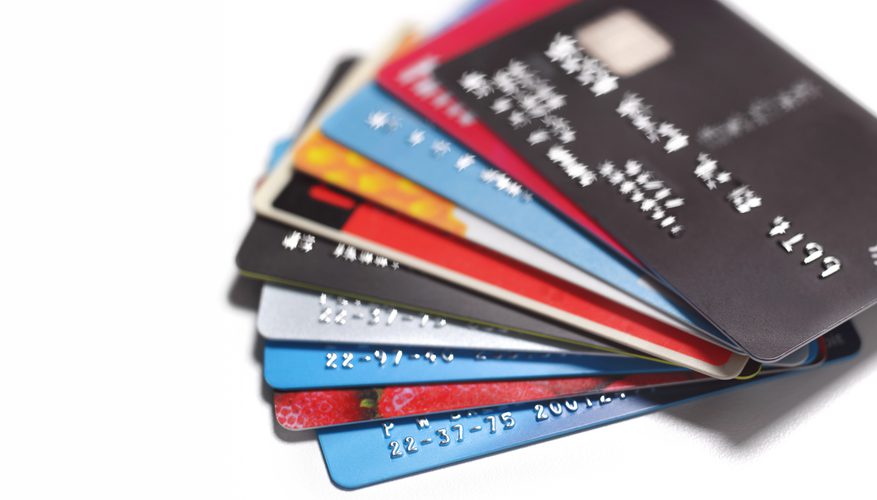Back to the RBZ, we have become accustomed to. Over the last 2 weeks, the Reserve bank of Zimbabwe has announced a slew of measures that it says are meant to curb the depreciation of the Zimbabwean dollar on the parallel market. From listing 30 online black market foreign currency dealers then adding 47 more and announcing new rules for businesses. Why stop there? The Financial Intelligence Unit joined the party last week by instructing banks to start monitoring the use of payment services for irregular patterns and to report such individuals.
The notice from the FIU instructed banks to set up automated monitoring systems by the 18th of October and report on them to the FIU. The measures, meant to prevent people who offer to pay for purchases for people using their debit cards and receiving the US dollar cash they have for the transaction. Raise a lot of questions. The debit cardholders tend to offer rates that are more favourable for the transactions. This is of real concern for the RBZ as the exchange rate steadily marches towards 200. As things stand the 200 mark is a matter of when than if, according to popular opinion.
When it rains it pours. The ministry of finance had set the inflation target of single-digit (below 10%) by year-end. The International Monetary Fund (IMF) expects inflation to close the year around 95% per cent year on year. Yes, that’s higher than it is now. Economic Growth projections for the year have also been revised downwards by the IMF from 6% to 5.1%. The auction system has come under fire for failing to deliver on foreign currency bids accepted at the auction. Long delays have left many questioning the auction.
Now to be clear the measures announced by the FIU are standard under the Anti-Money Laundering and Counter Financing for Terrorism (AML/CFT) guidelines. The (International) Financial Action Task Force (FATF) recommendation 20 beholds financial institutions to report suspicious transactions to the FIU and charges financial institutions with identifying them. It also defines suspicious behaviour as any activity that does not fit into day to day activity. While we certainly understand that not every Zimbabwean carries out this activity to say it is out of the normal is being less than genuine.
The RBZ and now FIU continue to ramp up the pressure on what they deem parallel market outlets but history has some very important lessons for us. The fungible shares, particularly Old Mutual were in the past blamed for the parallel market rate escalation. So much so the entire Zimbabwe Stock Exchange was closed for over a month. Mobile Money Operator Ecocash was up next and caught a lot of regulatory heat for being behind the creation of money through merchant accounts. These merchant accounts have been suspended for almost a year, a year in which the exchange rate has just about doubled. In fact, some blame for the current surge in exchange rates has been levelled on investment fund the Old Mutual ZSE top 10 Exchange Traded Fund, though not from any official government sources yet. There’s a pattern developing here. To date only one measure has arrested the advancing of the exchange rate, curbing money supply growth but that proved unsustainable.








